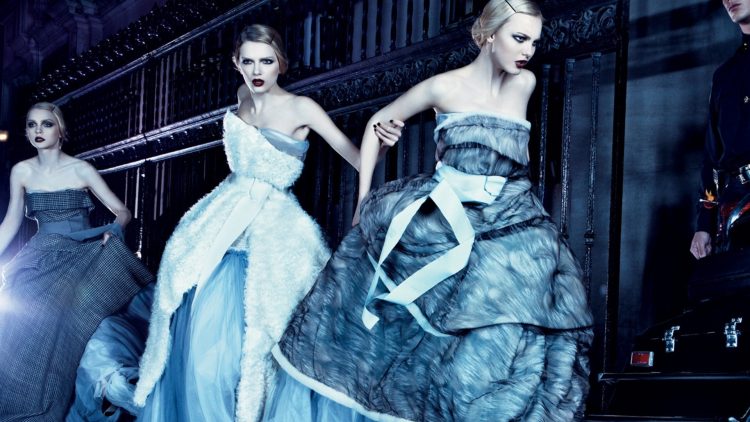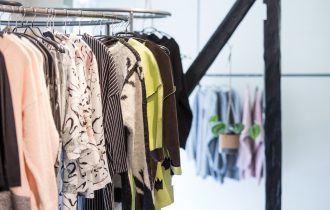Fashion Psychology: The Influence of Clothing on Human Behavior and Emotions
Fashion is more than just the clothes we wear; it is a powerful form of self-expression that can profoundly impact our emotions, behavior, and even our cognitive processes. Fashion psychology explores the complex relationship between clothing and human psychology, shedding light on how our outfit choices affect our self-perception, confidence, and interactions with others. In this article, we delve into the fascinating world of fashion psychology, examining how clothing can influence our mood, behavior, and the impressions we leave on others.
Color plays a significant role in fashion psychology, as different hues evoke distinct emotional responses. Red, for example, is associated with energy and passion, while blue is often linked to calmness and tranquility. Understanding the psychology of colors can empower individuals to make intentional choices about the emotions they wish to evoke through their clothing.
The “clothing effect” is a well-documented phenomenon in fashion psychology, which suggests that what we wear can significantly influence how we perceive ourselves. Dressing in clothes that align with our desired self-image can boost confidence and self-esteem. This psychological phenomenon, known as “enclothed cognition,” demonstrates that our clothing choices extend beyond aesthetics and can shape our perceptions of ourselves.
Fashion psychology also explores how clothing can affect cognitive processes and performance. Research has shown that “dressing for success” can enhance cognitive abilities and boost task performance. Wearing clothes associated with competence and professionalism can lead to increased focus and cognitive engagement in various settings, including academic and professional environments.
Personal style is a reflection of one’s identity, values, and personality. Fashion psychology delves into the motivations behind personal style choices and how individuals use clothing to project specific images to the world. Understanding personal style can provide insights into how individuals navigate social interactions and convey their unique sense of self.
Our outfit choices can serve as a mood regulator, influencing how we feel throughout the day. The concept of “emotional contagion” suggests that the emotions associated with certain clothes can be “contagious,” affecting both the wearer and those they interact with. Dressing in vibrant and colorful clothing can uplift mood, while wearing comfortable and cozy clothes can promote relaxation.
The “halo effect” is a psychological bias that influences the way we perceive others based on a single trait or characteristic. In the context of fashion psychology, the halo effect can be observed in how clothing impacts first impressions. Well-dressed individuals are often perceived as more competent, trustworthy, and socially skilled, even before any interaction occurs.
Clothing can play a role in emotional resilience, especially during challenging times. The concept of “emotional armor” suggests that certain clothes can provide individuals with a sense of protection and comfort during difficult situations. Choosing specific outfits for important events or during times of stress can bolster emotional resilience and provide a psychological boost.
Fashion psychology also explores how clothing choices can be linked to social identity and group belonging. People often use clothing as a way to align themselves with specific social groups, subcultures, or movements. Fashion serves as a visual language that allows individuals to communicate their affiliations and shared values to others.
Fashion plays a significant role in shaping perceptions of body image. The representation of diverse body types and sizes in fashion can impact how individuals perceive their own bodies. The fashion industry’s movement toward body inclusivity and diversity is a positive step toward promoting healthier body image perceptions.
Fashion psychology reveals the intricate interplay between clothing and human psychology, demonstrating that fashion goes beyond aesthetics and trends. The colors we wear, our personal style choices, and the outfits we select can influence our emotions, cognitive processes, and interactions with others. Understanding the psychological impact of clothing empowers individuals to make intentional fashion choices that align with their self-perception, emotional well-being, and desired social impressions. As the fashion industry continues to evolve, an increasing emphasis on ethical fashion and body inclusivity fosters a positive and empowering environment for individuals to express their unique identities through clothing. Fashion psychology reminds us that fashion is not merely a superficial pursuit but a profound form of self-expression with the potential to shape our emotional experiences and interactions in the world.











